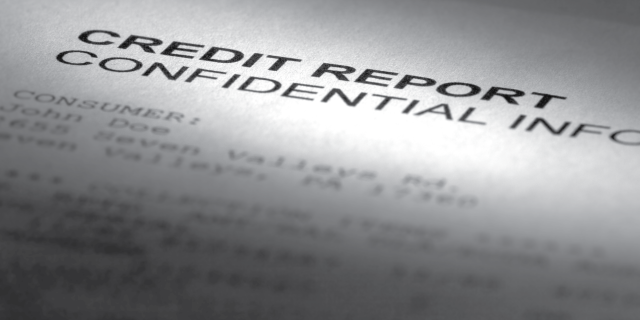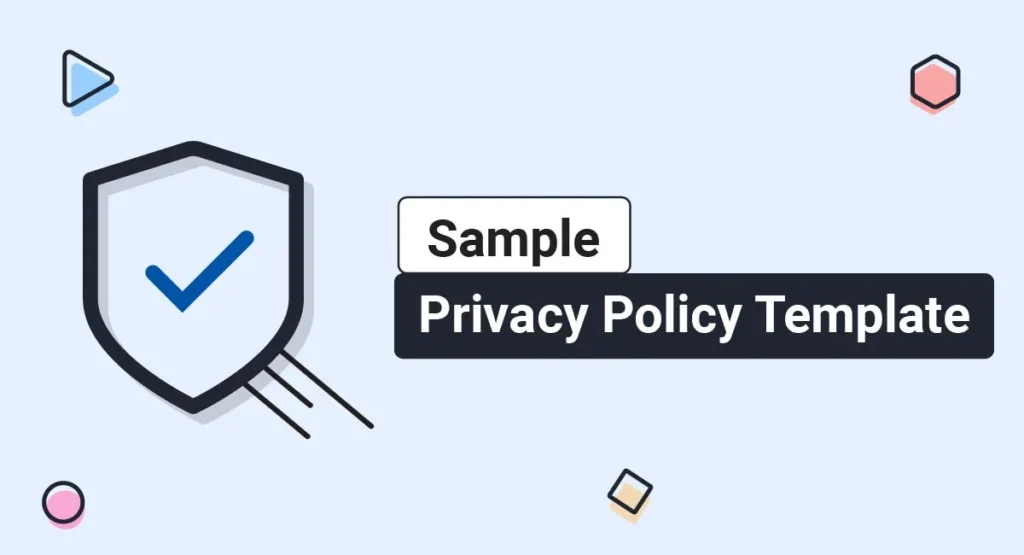In today’s digital age, protecting personal information is more crucial than ever. Every day, your data, from social security numbers to credit histories, is handled by various organizations. One significant protector in this realm is the Fair Credit Reporting Act (FCRA), which regulates how your credit information is collected, disseminated, and utilized.

Understanding the provisions of the FCRA is the first step towards safeguarding your personal and financial data from misuse and ensuring it is handled responsibly by credit bureaus and other financial entities.
Understanding Your Rights Under the Fair Credit Reporting Act (FCRA)
The Fair Credit Reporting Act (FCRA) is a federal law designed to ensure the accuracy, fairness, and privacy of the information held by credit reporting agencies. The FCRA allows you to have access to your credit report and dispute inaccurate information that may affect your financial standing and credit score.

By promoting the privacy and accuracy of information in the consumer reporting industry, the FCRA plays a critical role in protecting your credit and personal information from being misused or mishandled.
The Role of Major Credit Bureaus in Your Credit History
Credit bureaus, such as Equifax, Experian, and TransUnion, play a pivotal role in your financial life by maintaining records of your credit history. These major credit bureaus collect information from creditors, lenders, and other companies, and then compile it into your credit report.
Your credit report influences your ability to obtain loans, secure housing, and sometimes even employment, making it imperative to understand and monitor what information is being recorded and how it is being used.
What Are Prescreened Offers of Credit and Insurance?
Prescreened offers, or pre-approved offers, are proposals sent by credit and insurance companies to potential customers who meet certain criteria set in their databases. These offers are often based on information obtained from major credit bureaus, which conduct an initial screening to identify consumers who align with the credit profile sought by lenders or insurers.
By accessing your credit report, these companies can target advertisements more effectively, presenting opportunities that may seem tailored to your financial situation but also use your personal credit data without direct consent.
The Connection Between Credit Inquiries and Unsolicited Offers
Credit inquiries occur when a company checks your credit report as part of the prescreening process for offering credit or insurance. These are known as soft inquiries and unlike hard inquiries they do not affect your credit score.
However, soft inquiries indicate your information is being used by companies to send unsolicited offers, thus linking them directly to the increased number of prescreened mailings and calls you might receive.
Benefits of Opting Out
Opting out significantly reduces the number of unsolicited credit and insurance offers you receive. This not only declutters your mailbox but also minimizes the risk of identity theft, as fewer entities will have access to your sensitive personal information. Additionally, fewer interruptions from unsolicited calls and mail can enhance your overall privacy and peace of mind.
Leveraging the Federal Trade Commission’s Guidelines
The Federal Trade Commission (FTC) offers guidelines to protect consumers and ensure fair practices in the use of their information. These guidelines advocate for transparent and just handling of consumer data, and provide means to address discrepancies in credit reports.

Consumers can access these guidelines and learn more about their rights by visiting the FTC’s official website or by contacting them through their toll-free number, 1-877-FTC-HELP (1-877-382-4357).
Reporting Violations to the FTC
If you believe your credit information has been misused or that your consumer rights under the Fair Credit Reporting Act have been violated, it’s crucial to report these issues to the FTC. This can be done online or via phone.
Regular monitoring of your credit reports is essential to catch and rectify any unauthorized activities or inaccuracies, ensuring your financial health and security remain intact.
Additional Measures to Protect Your Credit Information
Beyond opting out of prescreened offers, you can take further steps to protect your credit information. One effective measure is placing a credit freeze on your files at the major credit bureaus—Equifax, Experian, and TransUnion.
A credit freeze restricts access to your credit report, making it harder for identity thieves to open accounts in your name. Additionally, safeguard your social security number and date of birth; avoid sharing them unnecessarily, especially online or over the phone, to minimize exposure to potential fraud.
Evaluating the Impact of Credit Freezes and Fraud Alerts
Credit freezes and fraud alerts are two pivotal tools in protecting your credit. A freeze locks down your credit, while a fraud alert requires businesses to verify your identity before opening new accounts.
Credit freezes are generally free and offer robust protection without affecting your credit score. Fraud alerts, also free, are easier to set up and last for one year. Both options are crucial for those concerned about identity theft, providing significant peace of mind.
Handling Unsolicited Sales Calls and Direct Marketing
To reduce unsolicited sales calls, register your phone number with the National Do Not Call Registry. This move can help decrease the number of marketing calls you receive.
Additionally, be proactive in managing your preferences with companies you do business with by opting out of their direct marketing lists to prevent them from sending unwanted mail or making superfluous phone calls.
Taking Control of Your Personal Information
Taking control of your personal information is essential in today’s digital age. Key steps include opting out of prescreened offers, securing your credit through freezes or fraud alerts, and managing your exposure to direct marketing.
By being proactive and vigilant, you can significantly enhance your personal data security, reduce unwanted solicitations, and maintain greater control over your financial reputation and peace of mind.
Also Read: Does a Loan Modification Affect Your Credit?
